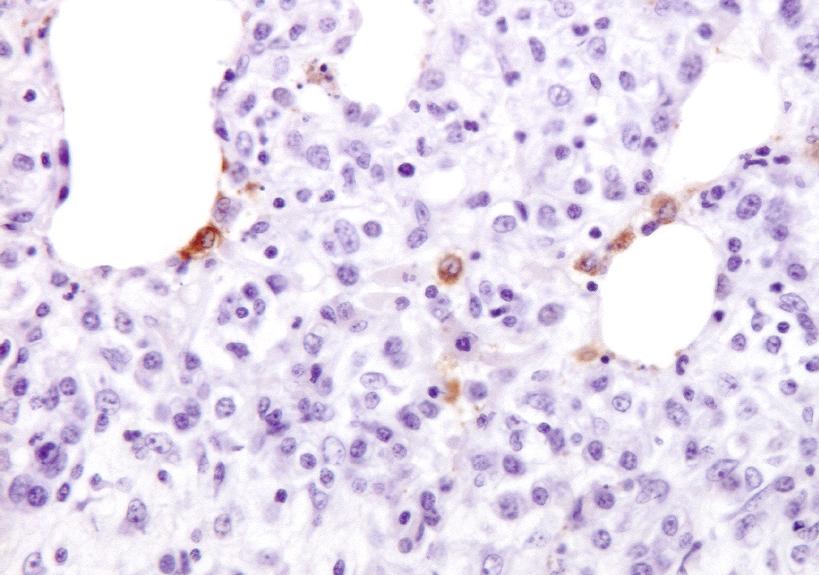Evaluation of molecularly imprinted polymers as synthetic virus neutralizing antibody mimics
Rapid development of antibody-based therapeutics are crucial to the agenda of innovative manufacturing of macromolecular therapies to combat emergent diseases. Although highly specific, antibody therapies are costly to produce. Molecularly imprinted polymers (MIPs) constitute a rapidly-evolving class of antigen-recognition materials that act as synthetic antibodies. We report here on the virus neutralizing capacity of hydrogel-based MIPs. We produced MIPs using porcine reproductive and respiratory syndrome virus (PRRSV-1), as a model mammalian virus. Assays were performed to evaluate the specificity of virus neutralization, the effect of incubation time and MIP concentration. Polyacrylamide and N-hydroxymethylacrylamide based MIPs produced a highly significant reduction in infectious viral titer recovered after treatment, reducing it to the limit of detection of the assay. MIP specificity was tested by comparing their neutralizing effects on PRRSV-1 to the effects on the unrelated bovine viral diarrhea virus-1; no significant cross-reactivity was observed. The MIPs demonstrated effective virus neutralization in just 2.5 min and their effect was concentration dependent. These data support the further evaluation of MIPs as synthetic antibodies as a novel approach to the treatment of viral infection.
